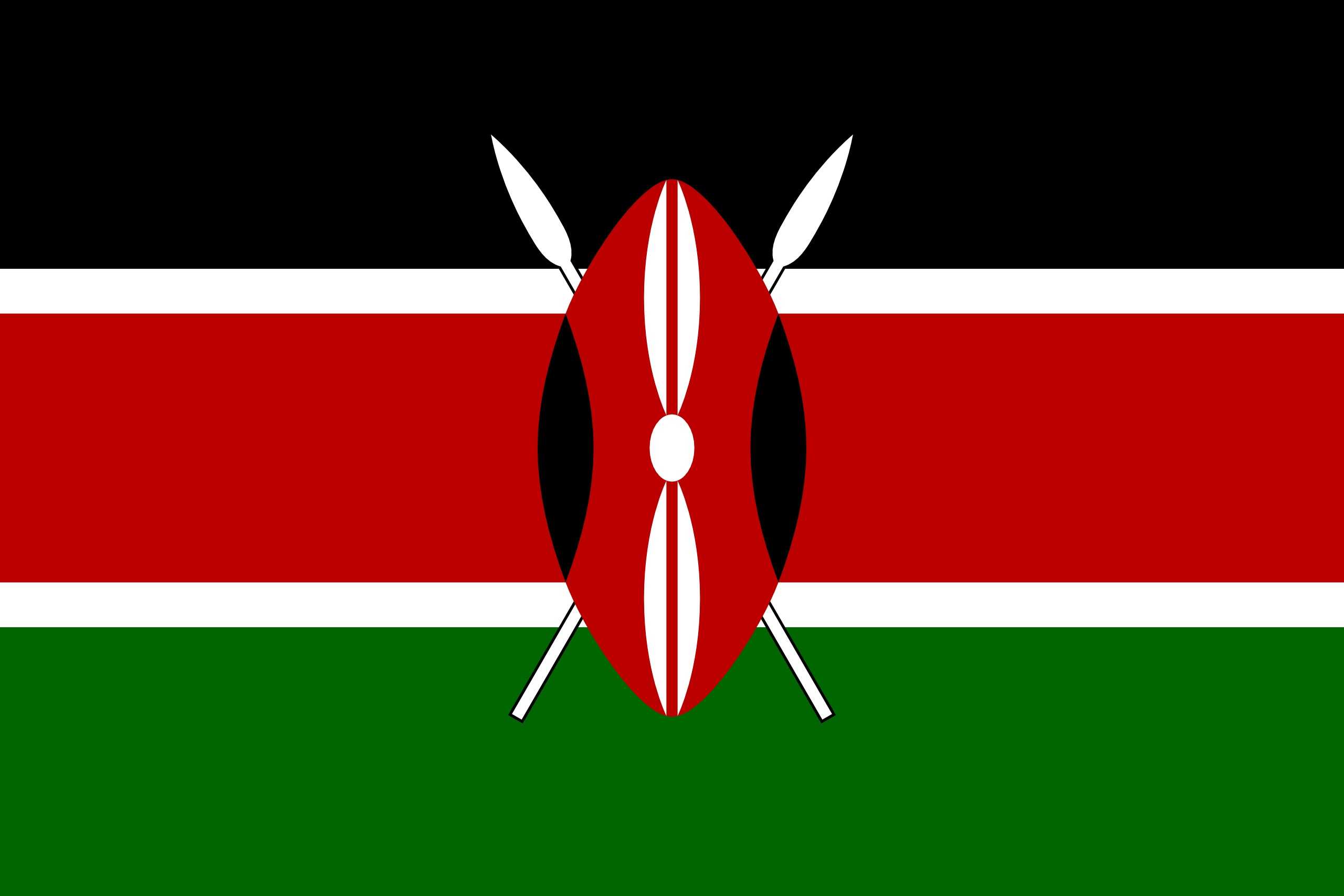Kenyan coffee has been on its knees for close to three decades now. Productio’s n in the East African nation has dropped from 130 000 tonnes to about 50 000 tonnes, as a result of change in land use, to more lucrative sectors, mismanagement of the industry as well as local and global cartels that rip off farmers.
Fortunes are likely to change for farmers in Central Kenya following a partnership between one farmers’ cooperative society with an investor from Denmark, who now buys the coffee directly from the farmers, adds value in the country, before exporting it to at least 1 200 supermarkets in Europe.
The farmers who exported the first 300 kilograms of processed coffee in September say they will earn 200% more than when they sell the coffee at the Nairobi Coffee Auction.
Managing Director, African Coffee Roasters Poul Videbaek says, “We sell everything for export ,we sell everything for the Scandavian market.”
From bean to cup but this is not where the story starts.
This is where the journey of a Kenyan coffee bean and fortune for thousands of farmers who have been at the mercy of brokers and middlemen for years.
In Othaya Central Kenya the Danish owned African Coffee Roasters sources it coffee from.
Videbaek says, “When I met with the Othaya Farmers’ Cooperative back in 2011 almost all their coffee was sold at the Nairobi coffee exchange, they had almost no direct trade. Today five years later 60-70% of their sales is through direct trade.”
Kenya produces about 1% of the world’s annual coffee crop. Coffee was once Kenya’s top foreign exchange earner local and global coffee cartels have worked against the industry, which comprises about 60% small scale farmers.
This is why, the partnership between African Coffee Roasters was embraced by this farmers’ cooperative society.
Chairman, Othaya Farmers’ Cooperative Society James Nderitu says “During those times when we did not have the cooperation between us and the Danish people we used to get about thirty eight shillings per kilogram, at times 40 shillings but now we are getting seventy shillings this year.
Last year we got eighty, the money entering to the farmers pockets has gone up.”
That is good news for a people who had abandoned their crops for other lucrative sectors.
This is despite the fact that Kenya’s Arabica coffee is renowned globally for its quality.
Videbaek says, “In May this year, where we bought the most coffee for this year, the Nairobi Coffee Exchange was buying 280 per bag, we were buying 380 us dollar per bag, it is 100 dollars more.”
This is because by working directly with the farmers the middleman has been eliminated, the supply chain has been shortened.
To meet the strict European standards, farmers attend monthly field schools.
People are excited about the coffee that it is actually produced to a shelf ready product in the country of origin
The idea is to ensure high quality coffee that will fetch better prices, which can be tested right here in their mills in Othaya.
Chairman Othaya Farmers’ cooperative society James Nderitu says, “They brought this traceability project to that farms where you are able to follow the husbandry of the coffee from the farm to wet mills and now to the dry mill, the grades have improved.”
African coffee Roasters have invested 400 Million Shillings in the project this far, employing 40 people at the factory and generating 75 000 jobs in the rural areas.
In 2016, the company bought 400 bags of coffee worth about 10 million shillings.
At home in Denmark the taste buds have been tickled.
Videbaek says, “People are excited about the coffee that it is actually produced to a shelf ready product in the country of origin, so we have seen a huge rise in the brands where we are using coffee from here.”
The Othaya coffee bean will hopefully help shake things up in the Kenyan coffee sector as more cooperative societies embrace value addition and direct exports.
Sarah Kimani
















